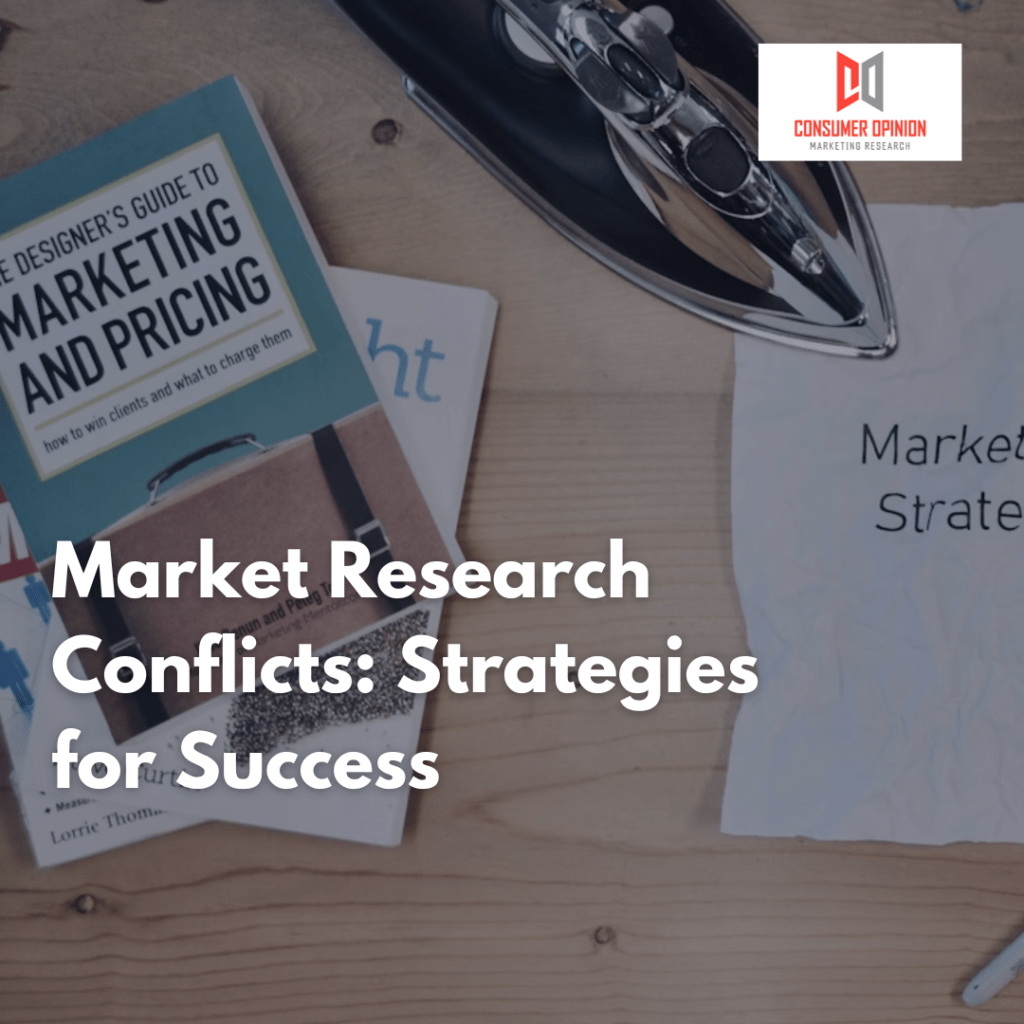
Conflicts are inevitable in the world of market research. Whether they stem from differing perspectives, miscommunications, or resource constraints, these conflicts can impede progress and jeopardize project success. However, with effective strategies in place, conflicts can be managed constructively, fostering collaboration, innovation, and ultimately, project success.
Identifying Root Causes:
The first step in navigating conflicts is to identify their root causes. This requires a thorough examination of the issues at hand, delving beyond surface-level disagreements to uncover underlying concerns. By understanding the underlying factors driving the conflict, teams can address them more effectively and prevent similar issues from arising in the future.
Listening Actively:
Active listening is a cornerstone of conflict resolution. It involves not only hearing what others have to say but also understanding their perspectives and empathizing with their concerns. By actively listening to all stakeholders involved, teams can gain valuable insights into the root causes of the conflict and work towards mutually beneficial solutions.
Aligning Teams with Shared Goals:
Effective conflict resolution hinges on aligning teams with shared goals and objectives. When all team members are working towards a common purpose, conflicts are less likely to arise, and collaboration becomes more seamless. Establishing clear goals and priorities helps teams stay focused and unified, even in the face of challenges.
Encouraging Collaborative Brainstorming:
Collaborative brainstorming is a powerful tool for resolving conflicts and generating innovative solutions. By bringing together diverse perspectives and expertise, teams can explore a wide range of options and ideas. Encouraging open communication and brainstorming sessions fosters creativity and promotes a sense of ownership among team members.
Evaluating Options and Implementing Solutions:
Once potential solutions have been identified through collaborative brainstorming, it’s essential to evaluate them carefully and select the most viable option. Consider factors such as feasibility, impact, and alignment with project objectives. Once a solution has been chosen, it’s crucial to develop a clear implementation plan and assign responsibilities accordingly.
Following Up on Progress:
Effective conflict resolution doesn’t end with the implementation of a solution. It’s essential to follow up on progress regularly, monitoring the effectiveness of the chosen solution and making adjustments as needed. Open communication and transparency are key during this phase, ensuring that any emerging issues are addressed promptly.
Rebuilding Relationships Post-Resolution:
Conflicts can strain relationships within teams, making it essential to focus on rebuilding trust and rapport post-resolution. Acknowledge the efforts of all team members involved in resolving the conflict and reinforce a sense of unity and collaboration. Building strong relationships lays the foundation for future success and fosters a positive work environment.
Fostering a Harmonious Work Environment:
Ultimately, effective conflict resolution contributes to a harmonious work environment where teams can thrive and innovate. By addressing conflicts proactively and implementing solutions collaboratively, organizations can create a culture of mutual respect, trust, and cooperation.
Navigating conflicts in market research requires a proactive and collaborative approach. By identifying root causes, listening actively, and aligning teams with shared goals, organizations can resolve conflicts effectively and foster a harmonious work environment conducive to innovation and success.




